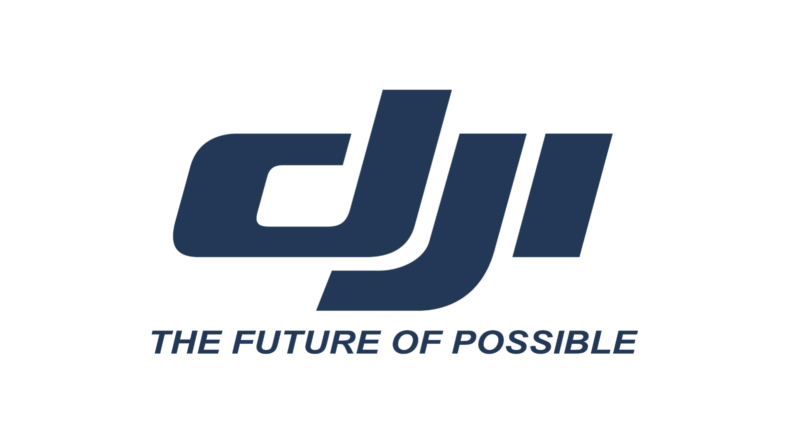
China-based DJI – the world’s largest UAV manufacturer and supplier – has just entered the U.S. drone delivery market. It’s a bold move that comes amid growing competition from major US- and Europe-based companies that have secured important regulatory waivers from the FAA in recent months, allowing them to make longer distance deliveries, potentially at scale, on a Beyond Visual Line of Sight (BVLOS) basis.
All of these companies have been making package deliveries – in some cases, tens of thousands – for years. Some like Wing and Zipline, have strong brand recognition and enjoy durable partnerships with Walmart and other major retail chains.
This is unfamiliar territory for DJI, which normally enjoys a leg up on its drone competition. From fire-fighting to precision agriculture, its drones are state-of-the-art, offering superior design technology and the most versatile applications. By contrast, the company has relatively little experience with retail deliveries – and none outside China’s highly favorable regulatory environment.
And that’s not all: DJI also faces growing criticism and opposition from U.S. industry stakeholders, many of whom believe the company enjoys an unfair competitive advantage over U.S. suppliers. The AUVSI, which advocates for the drone industry, is pushing Congress and the White House to crack down on DJI, limiting its access to the U.S. market.
Can DJI actually win major contracts and carve out its own niche in what appears to be such a forbidding environment?
The answer may well be yes. For one thing, DJI isn’t targeting the small package market, where payloads are typically as low as 3-10 pounds. Its flagship UAV, the FlyCart30, can carry up to 60 pounds of goods, which means its partners are likely to include auto parts stores and some smaller industrial resupply outlets – not just the retail food, restaurant and kitchen supply chains that other drone companies primarily serve. Demand in this sector is rising – and competent and qualified suppliers are few.
The FlyCart30 also offers a flexible, dual delivery mode – it can hover and lower its cargo on a winch, or it can land and wait for manual offloading. After landing, the drone’s also available for fresh reloading, and could even shuttle back- and-forth between different store locales or warehouses, without returning to a single point of origin.
This two-way delivery capability could prove extremely useful in the small-to-medium sized business cargo market, including the medical supply market. In fact, it could one day give Zipline, which currently enjoys a distinctive niche for medical supply deliveries – for one-way deliveries only – a run for its money.
The FLYCart30 also boasts an “all-weather” capability. It includes stabilizing sensors that allow the craft to compensate for inclement weather, especially heavy winds and rain. That could make it especially useful in higher altitudes and in more isolated, difficult-to-reach rural areas. Most smaller “last mile” delivery drones are geared to densely populated cities and suburbs. Score another competitive advantage for DJI.
There are a number of other companies that hope to conquer the heavier business cargo market, including Ameriflight and its drone partner Matternet, which have received the BVLOS go-ahead from the FAA in recent months. But DJI isn’t trying to compete with them. Heavy cargo deliveries of 100 pounds and above require a larger fixed wing aircraft. The FlyCart30 is much the same kind of rotary quadcopter you see elsewhere – but one that is larger, more durable, and more versatile, with additional capabilities — allowing it to serve a broad range of suppliers. That’s just what you would expect from a market leader like DJI.
DJI could well receive FAA approval – at least, eventually. But only if a number of barriers and obstacles to its entry into the drone market – some technical and market-based, others, perhaps, more political – can be overcome. The FlyCart30 needs to pass the usual FAA performance and safety checks and be deemed fully “airworthy.” In theory, that’s only a matter of time.
The company, for its part, remains upbeat. “We are optimistic that FlyCart 30 will become a trusted solution for aerial delivery, solving complex terrain and terminal transportation problems efficiently, economically, and most importantly, safely from the air,” Christina Zhang, DJI’s senior director for corporate strategy, said this week.
|